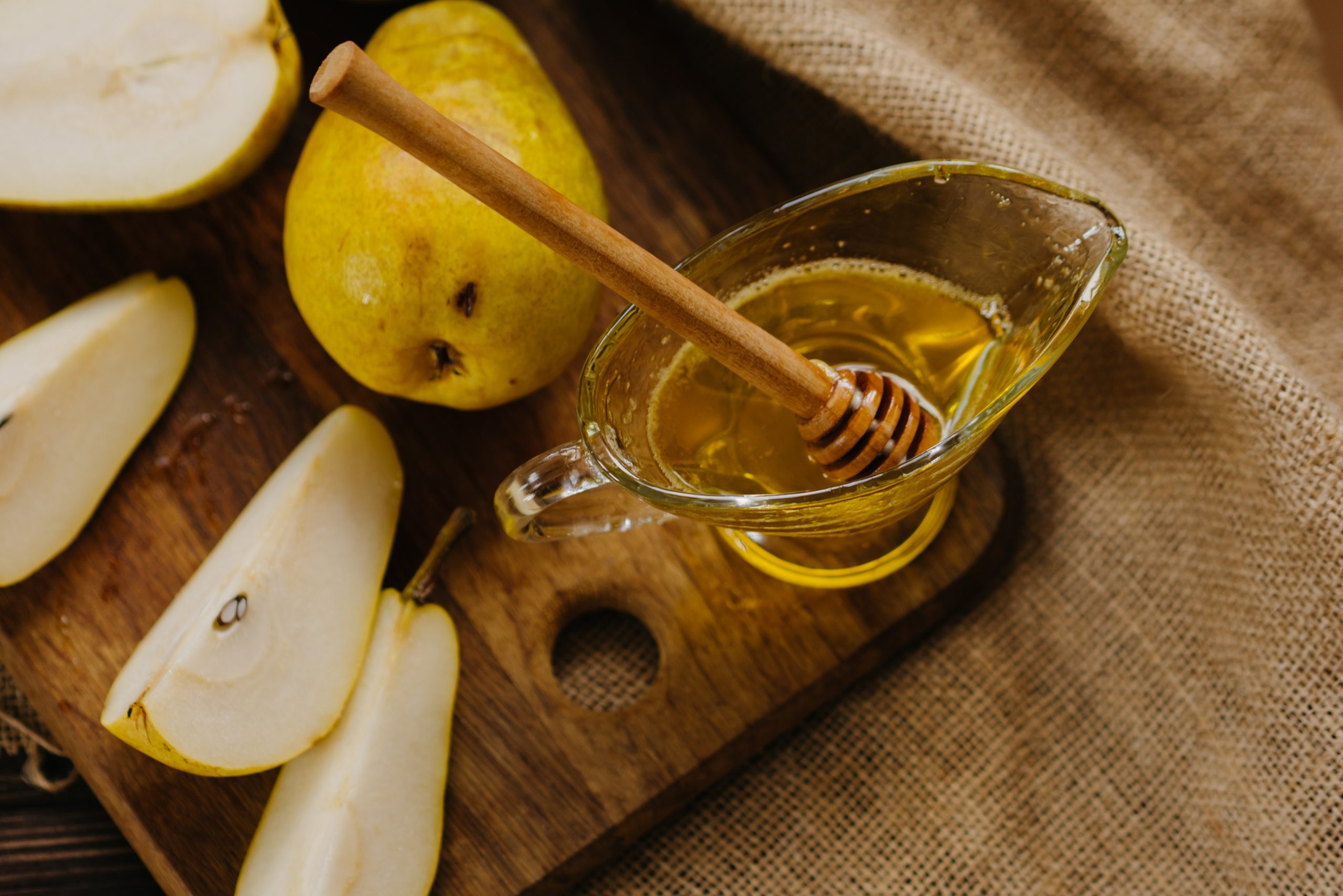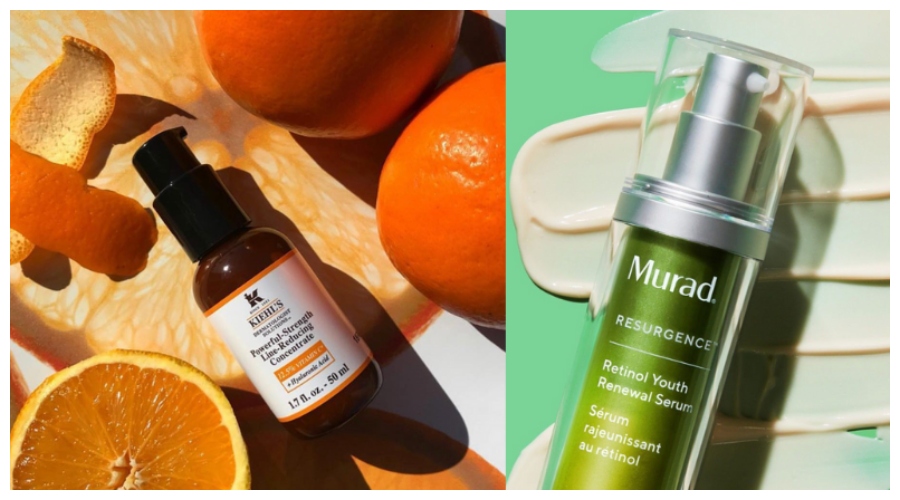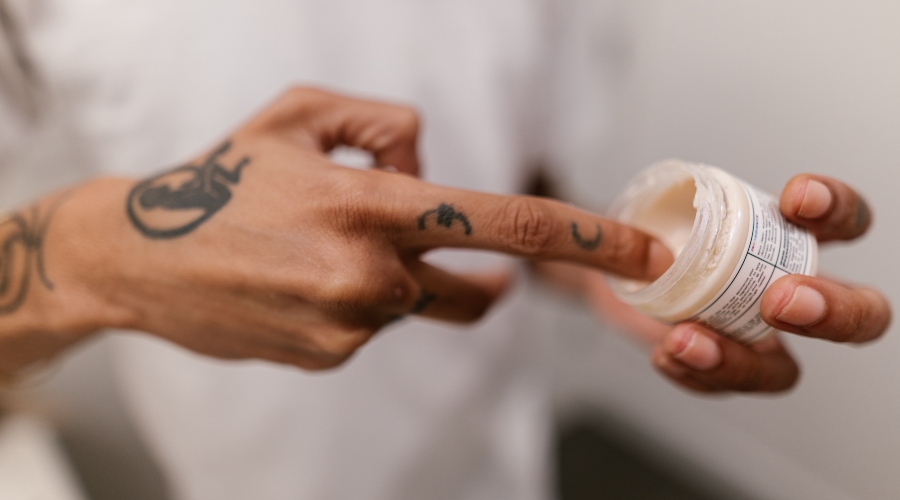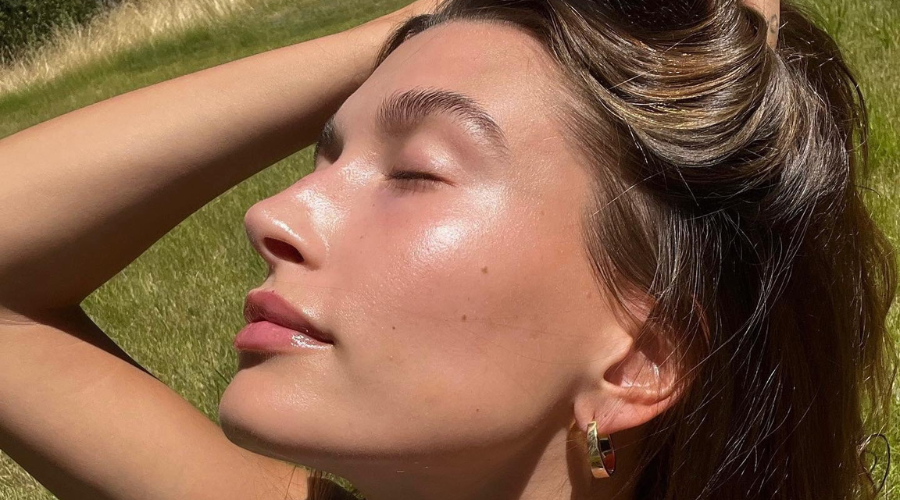After retinol, it’s hyaluronic acid that I am not (really) a fan of. I don’t dislike it but I don’t think it deserves its holy grail status. While skincare fanatics might not agree with me and my comments will upset HA lovers, I am ready for the debate with facts and research up my sleeve.
Stating the Facts
Let’s state the obvious first – HA is a naturally occurring substance found in our body and it can hold up to 1000 times its weight in water. Therefore, it’s touted as an extraordinary hydrating ingredient that also makes the skin plumper and supple. It’s a humectant that draws moisture from surroundings and holds it which results in firmer and hydrated skin. Despite these benefits, this ‘hero’ ingredient can be quite useless.

A couple of years ago, when I learned about HA, I was intrigued, to say the least. Universally promoted as an agent of the skincare “revolution”, HA interested me because it pairs well with almost all other acids, even the harsh and nasty ones that are loners in skincare and repel (almost) every ingredient. Think of it as the most non-controversial relative that mingles well with the crowd while also offering help with multiple tasks. It’s a perfect skincare ally that can never harm the skin. Or so we were made to believe.
My skin, despite slathering hyaluronic acid in the AM and PM routine, started feeling dry and stretchy unexpectedly. If reading this sentence made you go, ‘same here, sis,’ let me tell you why. As I started researching the ingredient, I learned some hard facts.
Why Do I Dislike Hyaluronic Acid?
I’ll start with the most painful one – price point. Explore any beauty aisle and there are HA serums available between the range of Rs 600 to over a few thousand bucks. However, it doesn’t need to dig a hole in your pocket because the topical application of hyaluronic serums offers only moisturising benefits. The plumper, firmer, and anti-ageing benefits can only be experienced when it’s injected.
Additionally, it’s present in almost every product type that you may have in your daily skincare routine – from moisturisers and toners to masks and sunscreens (check the ingredient label for HA or sodium hyaluronate) – and so, HA serums aren’t supposed to be that expensive.
Remember that it’s not an exclusively found ingredient that requires an extraordinary process to be derived which would have justified the whopping price, to an extent. If you look at the studies that are available on the internet, HA – within the skincare industry – enjoys a billion-dollar status and therefore, spends on its marketing by each brand are huge.
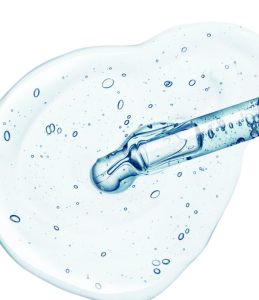
The second reason is that you might be overdoing the HA wave, which can hurt the skin. As I stated above, almost all your products, especially the moisturising and hydrating ones have HA as one of the main ingredients. Applying a dedicated layer of an HA serum is a lot for the skin and it may backfire. This fact betrayed me the most!
This ingredient has an enormous capacity to hold moisture and therefore, it needs moisture to perform its function. It takes moisture from the environment and retains it when applied during humidity. However, if you apply it during the dry season – when the skin feels drier and needs moisture – it draws moisture from the deeper layers of the skin as there’s no moisture in the air. This is the reason that your skin feels drier even after applying a copious amount of hyaluronic acid serum.
“The science doesn’t make sense; you apply a humectant which draws water from the skin and when its effect wears off, it leaves skin dehydrated. HA also has a high molecular size which doesn’t penetrate properly when applied topically and so, injecting it makes it (actually) beneficial,” explains Dr Madhuri Agarwal, celebrity dermatologist and founder, Yavana Aesthetic Clinic.
Hyaluronic Acid and the Hype?
My daily schedule is hectic and I prefer a crisp and effective skincare routine. HA just doesn’t fit there. Additionally, I apply other products that perform the same function which is why I don’t see merit in adding in a dedicated HA serum. Also, I realised that the hype around basic ingredients like hyaluronic acid also stems from overdoing and incorrect usage of potent ones like retinol. It’s a vicious circle – we hurt our skin barrier either by using ingredients in an incorrect way or by applying them unnecessarily. Subsequently, we try to repair the damaged barrier by applying HA mindlessly.
I prefer keeping my routine simple and clean. My experience dictates my choices now and I learned the hard way that using multiple ingredients confuses the skin and it’s unable to extract benefits from any of the ingredients. Contrary to what everyone thinks, it’s quite common to use HA incorrectly. Experts believe that HA must always be applied on clean and slightly damp skin and putting on dry skin can be counterproductive.
My Two Cents On Hyaluronic Acid
Believe me, you aren’t offending beauty Gods if you eliminate HA from your skincare routine. I’d rather recommend using peptides which are amino acids – proteins that are skin-friendly and perform more functions in addition to moisturisation. Peptides help strengthen the skin barrier and also provide protection against environmental aggressors.
You don’t have to toss existing HA bottles just yet though. Dr Madhuri suggests using the ingredient before you step out for an event and require the skin to look healthy instantly. “However, I don’t recommend its use in a regular routine,” she adds. If you still choose to use it, consult a dermat and get a lowdown on brands that offer smaller molecular HA.
P.S. This isn’t a rant!
Also, read our article on Acids Too Strong For Your Skin? Try Enzymes Instead


